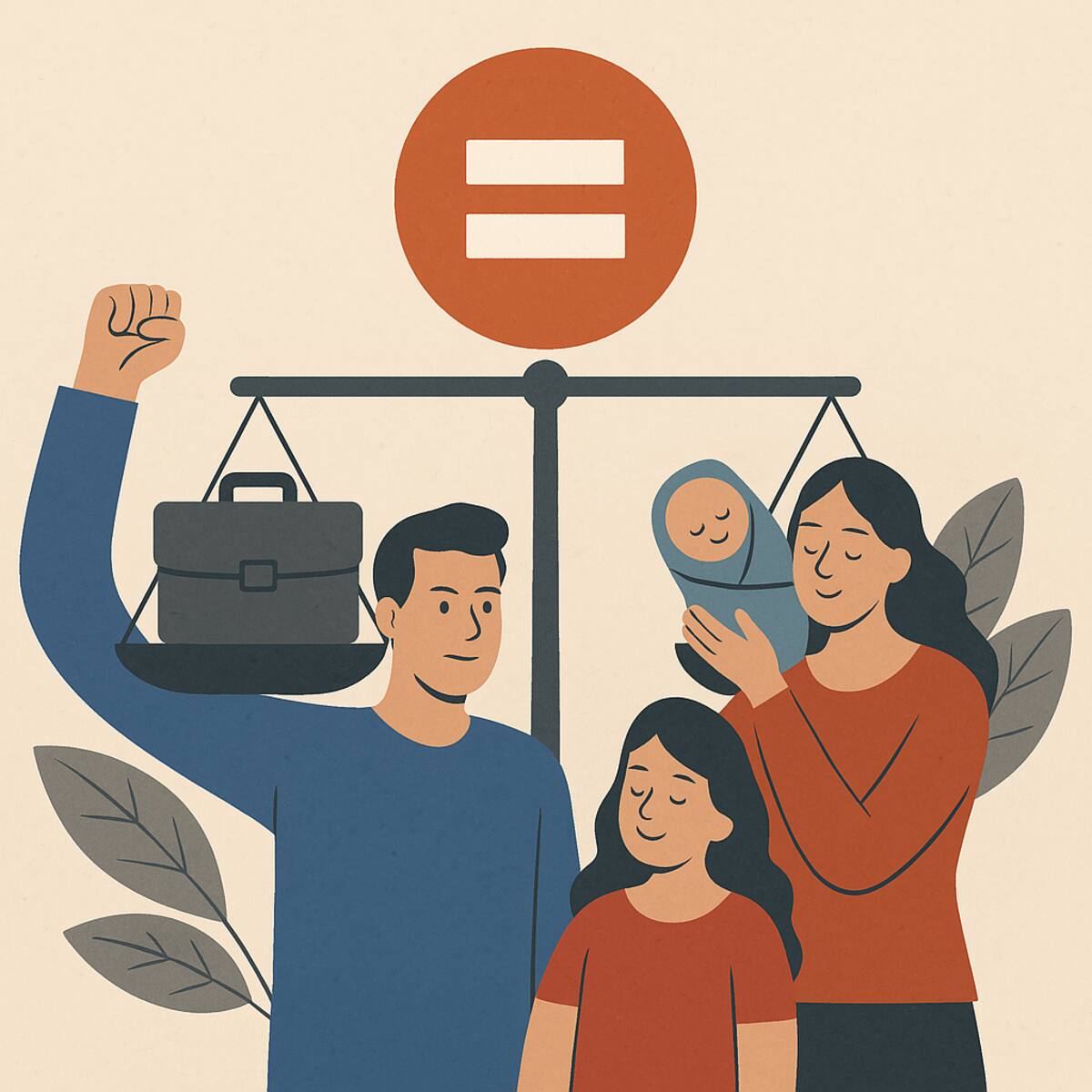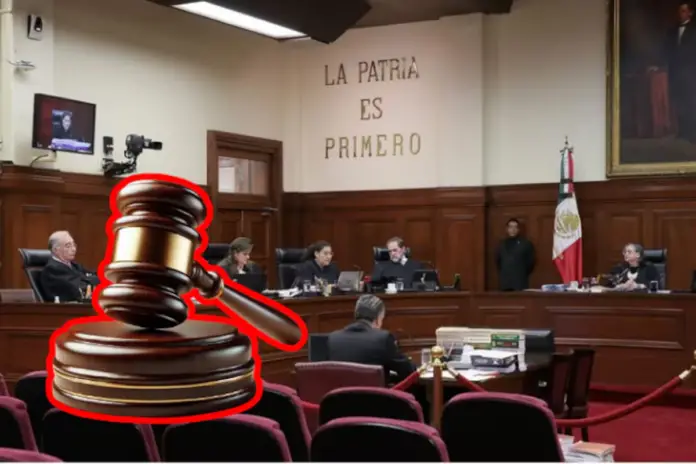The Supreme Court of Justice of the Nation (SCJN) has issued a landmark ruling by invalidating a reform in Baja California Sur that granted bureaucratic fathers only 10 working days of paternity leave, compared to the traditional three months for mothers. By a majority of nine votes to one, the Court’s plenary determined that the reform perpetuated gender stereotypes and did not promote equality in family responsibilities, according to El Diario MX.
Paternity Leave, a Need for Equity
The reform annulled by the Court, approved in 2023 in Baja California Sur, attempted to advance gender equity, but the justices concluded that the measure was not sufficient. In their ruling, the judges argued that paternity leave of only 10 days violated the principle of equality and reproduced the idea that women should be primarily responsible for family care.
The ruling also emphasized that both the father and the mother must have the right to care for the newborn and the mother after birth, a process that is essential for the health of both.
Paternity leave also serves the purpose of caring for the mother, as it is a recovery period,
— the majority of the justices stated.
A step toward equality in labor rights
Justice Javier Láynez emphasized that the differences in paternity and maternity leave have had negative effects on employment opportunities for women, especially in access to high-responsibility positions. The idea that women will be absent from work longer than men creates prejudices among employers, undermining equity in the workplace.
With this decision, the Court established jurisprudence that could open the door to litigation demanding longer paternity leaves at the federal and state levels.
The Future of Paternity Leave in Mexico
Minister Jorge Pardo’s bill proposed that the Baja California Sur Congress establish paternity leave of at least two months, given that mothers typically use one of their three months before giving birth. However, the proposal was amended to bring local legislation into line with equality principles, without specifying a fixed period.
You may also be interested in: Norma Piña Disappears Key Office of the Supreme Court of Justice after the Dissolution of Million-Dollar Trusts
This ruling is one of several decisions the Court has made in recent years, ruling against reforms that do not effectively promote gender equality.
The dissenting voice: Minister Yasmín Esquivel
Minister Yasmín Esquivel was the only one to vote against the decision, arguing that Article 123 of the Constitution does not specify paternity leave, and therefore believes that legislatures have the freedom to decide according to their budgetary capacity. Esquivel argued that the 10 days of leave in Baja California Sur are more beneficial than the five days established by the Federal Labor Law for private sector employees.
She also highlighted that there is already a proposal in Congress to extend paternity leave to 20 days, although the Senate has not yet approved the reform.

Source: elimparcial




